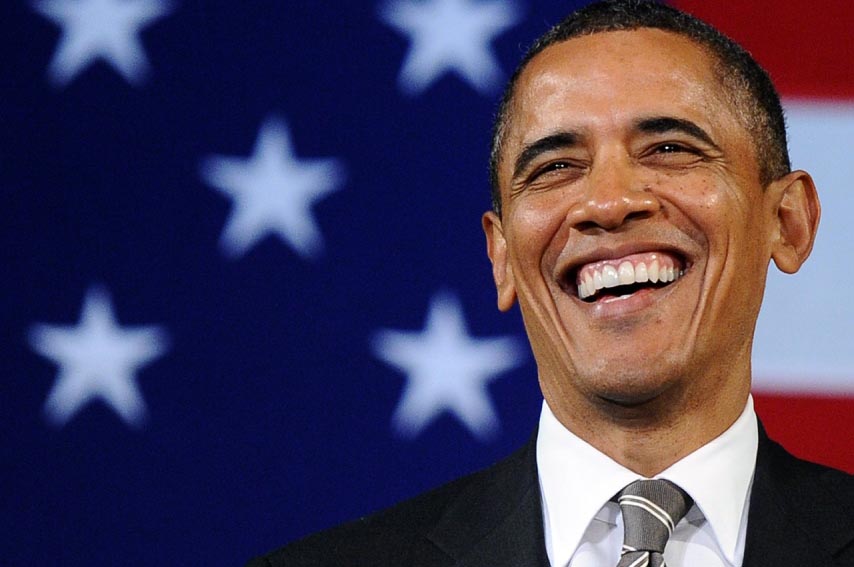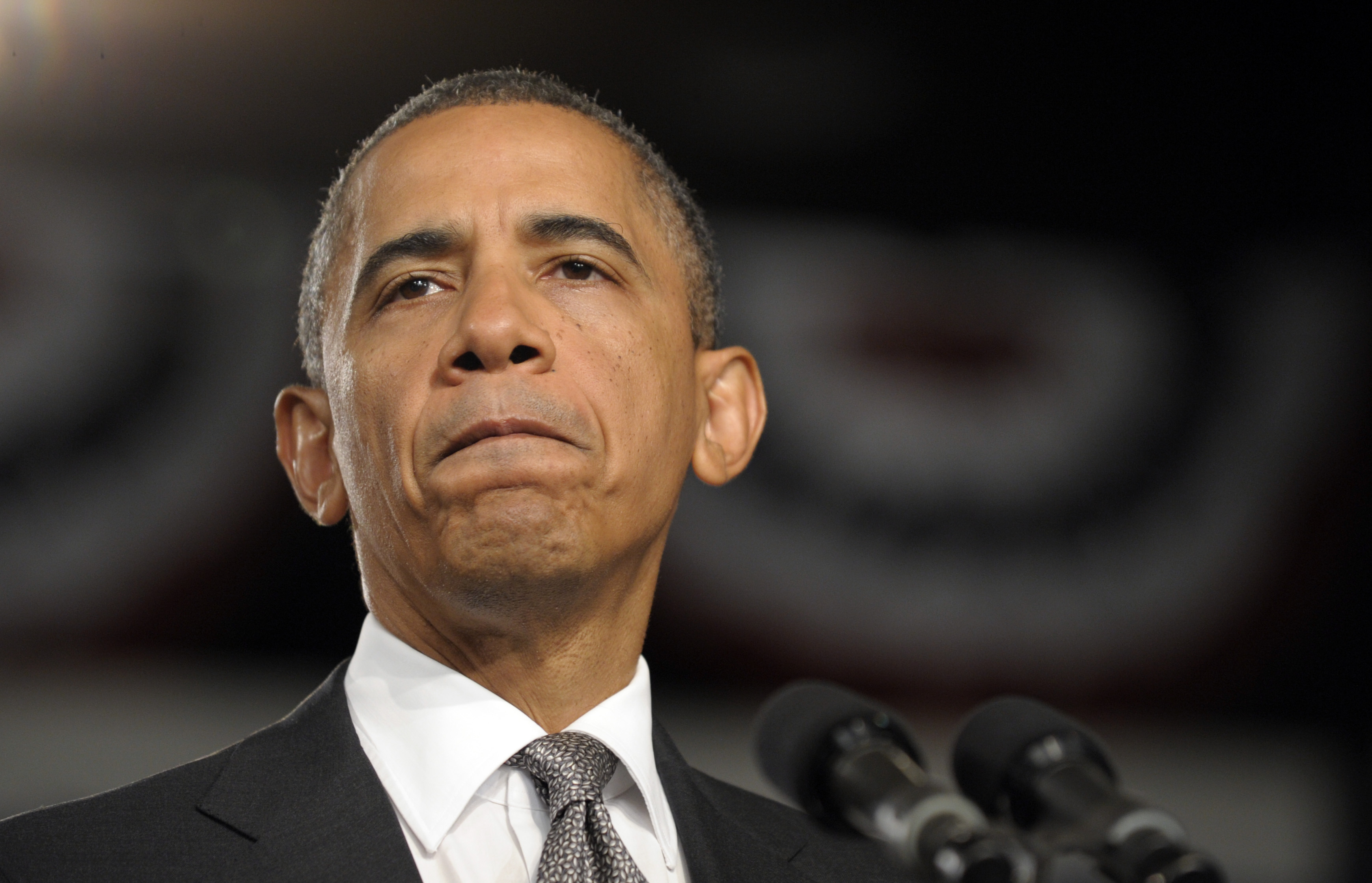Oscar-winning actor Jeremy Irons, star of The Mission and The Borgias, told HuffPost Live that he is a libertarian and sees unintended consequences following the legalization of gay marriage.
The 64-year-old said he “doesn’t have a strong feeling either way” on gay marriage but suggested it could be manipulated to allow fathers to pass on their estates to their sons without being taxed.
He said: “Could a father not marry his son”
When reminded about laws which prohibit sexual relationships between family members, he responded: “It’s not incest between men”, adding: “Incest is there to protect us from inbreeding, but men don’t breed.”
—
The father-of-two said: “It seems to me that now they’re fighting for the name. I worry that it means somehow we debase, or we change, what marriage is. I just worry about that.”
A spokesman for lesbian, gay and bisexual charity Stonewall, told Huffington Post UK: “Few people will agree with Jeremy Irons’ bizarre ‘concerns’ about equal marriage. Sadly his comments do seem to indicate he’s taken his role as a Pope in The Borgias a little too seriously.”
There are currently laws against incest, just as there are currently laws against polygamy. But upon what are those laws based, and will they withstand court challenges
There will be unintended consequences to changing the nature of marriage, whether they take the form that Irons discusses or some other form. There are always unintended consequences to every policy or cultural change. I don’t know what those consequences will be, but there will be some. To deny that there will be some if we change marriage is to deny reality.



